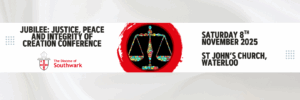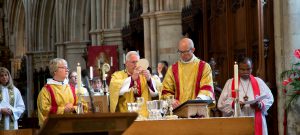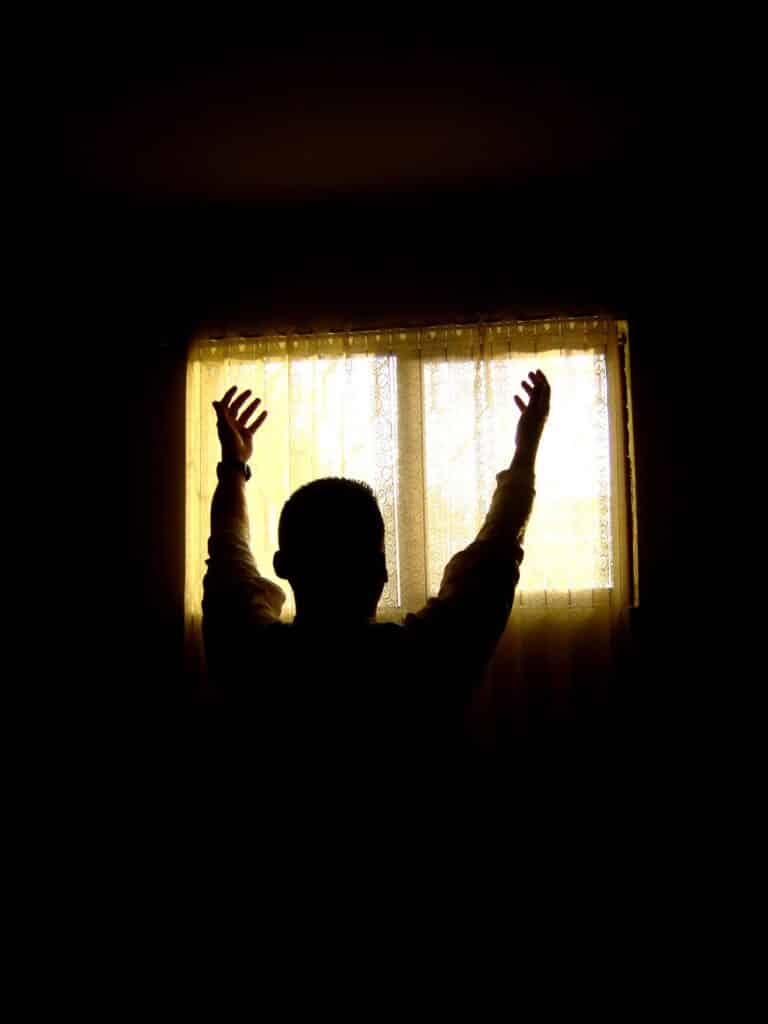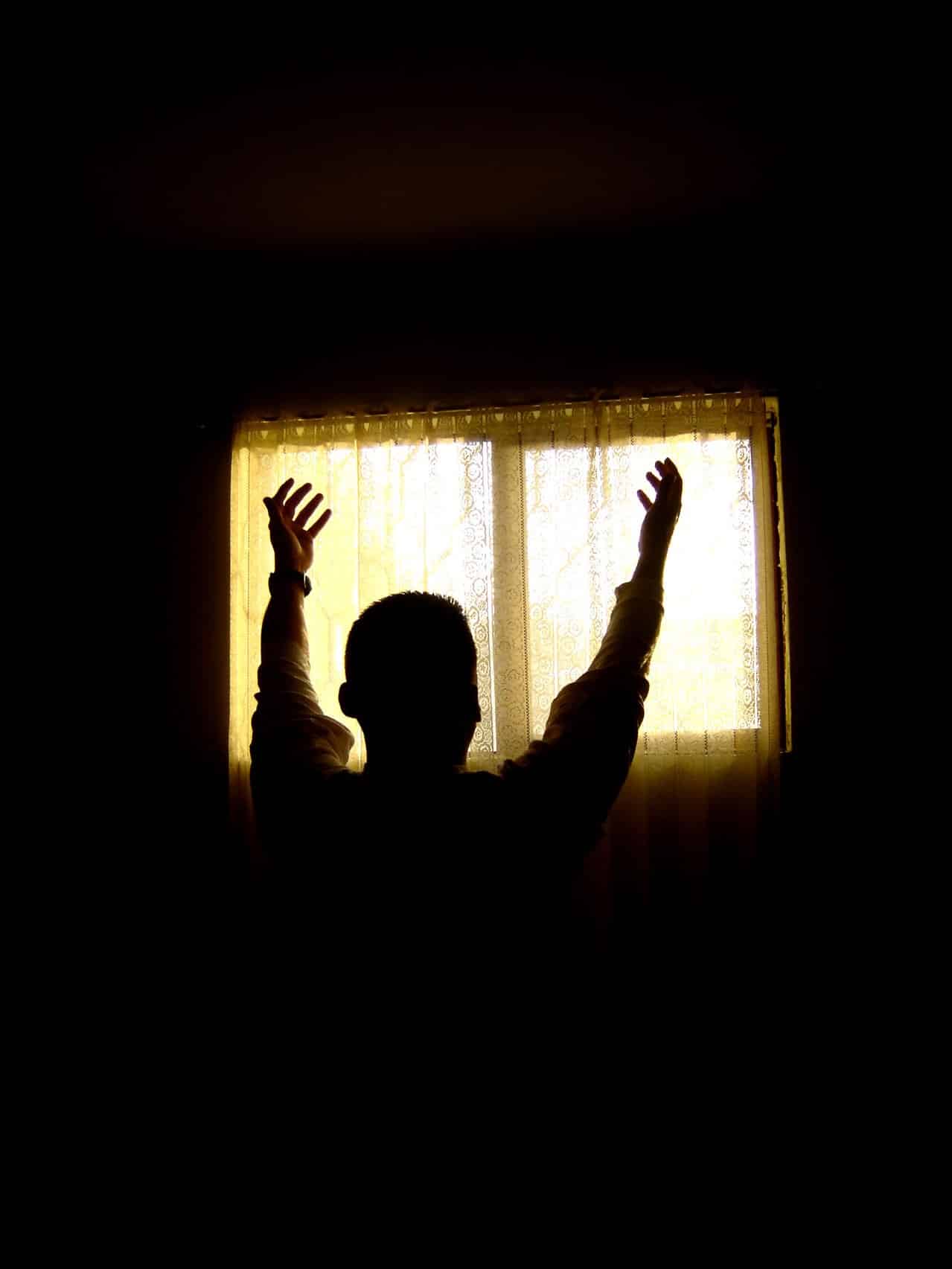The Most Reverend & Right Honourable Stephen Cottrell, Archbishop of York, has written to clergy and lay ministers in the Church of England on the feast of Epiphany.
The full text of the letter is below:
Dear Friends in Christ,
Mindful of the ongoing challenges facing the Church of England, I write to you, the clergy, lay ministers and people of the Church of England on this Feast of the Epiphany, trusting that with God’s guidance, we can look to the future with great hopefulness in Christ. The Magi came to the Christ child and their lives were re-directed. Please join me in praying for the renewal of our church as we come again to Christ to seek God’s way for God’s church.
First, I want to express my deep gratitude for your faithfulness. The unstinting witness and service of parish churches, chaplaincies and other Christian communities brings hope and light, embodying the message of the Gospel, a message of peace and of new beginnings that is needed so urgently in our world as well as our church.
The events of recent weeks, particularly the publication of the Makin Review, have sometimes felt as though we have been separated from the light and hope of Christ. Reading reports of abuse, cover-ups, and institutional failure, we are confronted with a darkness that has harmed so many. To those who have been hurt, I offer my deepest apologies.
These painful reports serve as a stark reminder that victims and survivors are asking for – and deserve – more than words of lament. They call us to action.
Significant progress has been made. Every week, thousands of parish safeguarding officers faithfully attend to their duties in churches across England. They are supported by over 100 professionally qualified safeguarding staff working at both regional and national levels. More than 20,000 clergy, lay ministers, and church officers now undergo safeguarding training as part of their roles. Alongside them, thousands of volunteers who work with children and vulnerable adults complete rigorous vetting through the Disclosure and Barring Service. This essential safeguarding work is so important, and I am profoundly grateful for the dedication and commitment of all involved.
However, there is still more to do in order for us to become a safer and more accountable church, and for our processes to be trusted. Whether it is my decisions that are called into question or anyone’s within the church, our safeguarding practices must be subject to independent oversight and scrutiny.
Consequently, the House of Bishops, the Archbishops’ Council and the other relevant National Church Institutions are committed to leading this change and are working with the lead bishop for safeguarding and others on several key initiatives, including:
- Bringing forward new proposals on independent safeguarding to the General Synod in February. This would include models for independent oversight, scrutiny, audit, and complaints, as well as for day-to-day operational safeguarding.
- Seeking final approval in February for new clergy conduct measures that will strengthen the Church’s disciplinary provisions.
- Ensuring the Church’s National Safeguarding Team continues its work alongside Safe Spaces to provide support for anyone wishing to raise safeguarding concerns, while also managing the process for addressing issues raised in recent reports.
- Reviewing the recommendations of recent reviews through the National Safeguarding Steering Group and implementing them with guidance from the independently chaired National Safeguarding Panel.
- Finalising the provisions of the forthcoming Redress Scheme so as to express in tangible ways the Church’s heartfelt sorrow and shame for the abuse survivors have suffered.
I want to reach out to all people of goodwill, and especially those who have been consistently and courageously advocating for change in the Church of England and invite support for these proposals.
There are other things to consider this year. We must attend to issues around clergy wellbeing and do all that we can to increase the stipend level. It may also be the time to look again at clergy terms of service to increase accountability (including that of bishops) and possibly ask the question as to whether clergy should become employees.
Moreover, as we remember Archbishop Justin’s ministry and his decision to step down as an acknowledgement of the institutional and collective failings of the Church he served so steadfastly, we need to reflect deeply on what we expect from an Archbishop of Canterbury. It is at least four jobs wrapped into one. Spiritual leader of the worldwide Anglican Communion. Spiritual Head of the Church of England. Primate of the Province of Canterbury. Diocesan Bishop.
We also face decisions about Living in Love and Faith (LLF). I believe we should focus again on the things we have in common, whatever our theological conviction on these issues. In this respect, I am convinced we are united in our desire to ensure that all our churches are places of welcome for everyone regardless of difference, but we also live with profound disagreement about how that welcome should be expressed towards same sex-couples.
Prayers of Love and Faith have become one option. They are now commended for use in existing services. Many same-sex couples in faithful, stable relationships have benefited from this, something I welcome.
Later this year, we will consider introducing bespoke services. With this must go provision for those who cannot support these developments. We must, therefore, properly honour the conscience and theological conviction of clergy, lay ministers and churches who can’t use the services and then develop our practice of delegated episcopal ministry for these ministers and communities. In this way we will have that symmetry of provision I have always believed necessary. But since the Makin Review itself warns how tribalism can endanger accountability and make oversight more difficult, we must not do this in a way that further breaks the Body of Christ
Working closely with Sarah, the Bishop of London, in her role as Dean of the Province of Canterbury, for most of the next year it falls to me to help guide the Church of England through these challenging times. I am hugely grateful for the affirmation and support I have received, though I know and accept that some people have concerns. But aware of my own needs and shortcomings I pledge myself to learn, and I pledge myself to do what I can to steer through the change we need on these important issues and to hold myself accountable, both to the processes we have at the moment and to the new ones we will introduce. I invite the clergy and people of the Church of England to do the same and in your parish and worshipping community to pray for the stability, good governance, and renewal of our Church. I will then look forward to working closely with whomever the Spirit calls to be the next Archbishop of Canterbury.
Alongside this, I will continue the work I have been called to in the North of England, particularly getting on the road to teach about the way of discipleship Jesus offers us in the prayer he taught us. The Lord’s Prayer, the prayer of Jesus, is the prayer that takes us right to the heart of God. It teaches us how to live, as well as how to pray. At the moment, we need this more than ever.
Such a renewal of prayer, a new dependence upon God and a new focus on discipleship, living out our Christian vocation each day, will, I believe, help us to become a simpler, humbler and bolder church – and by ‘church’ I mean here both the universal Church, the bride of Christ and the community of the redeemed, and the thousands of local parishes, chaplaincies and other expressions of Christian community that are the bedrock and lifeblood of the Church of England.
Finally, in this Epiphany-tide, I am reminded that in Christ God comes to us in the most vulnerable thing we can imagine: a tiny, newborn child. Let us learn from this and ensure that we are putting the needs of the vulnerable first. Let us commit ourselves to becoming a Church that looks and sounds like Jesus: penitent, kind, and in tune with the will and purposes of God, the safer and more accountable Church I believe we are called to be.
Yours in Christ,
Archbishop Stephen













